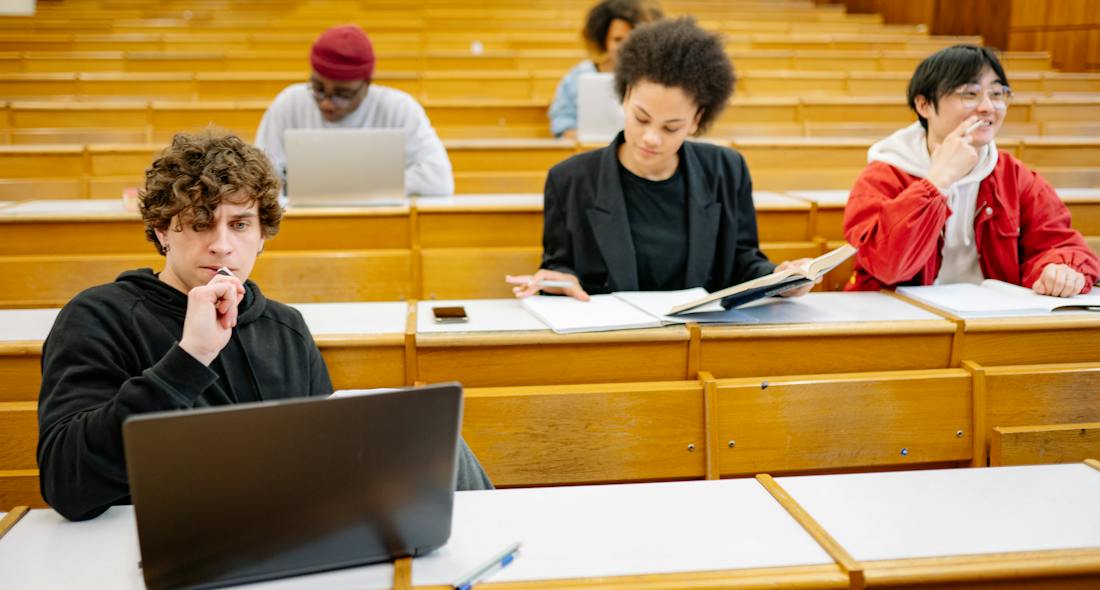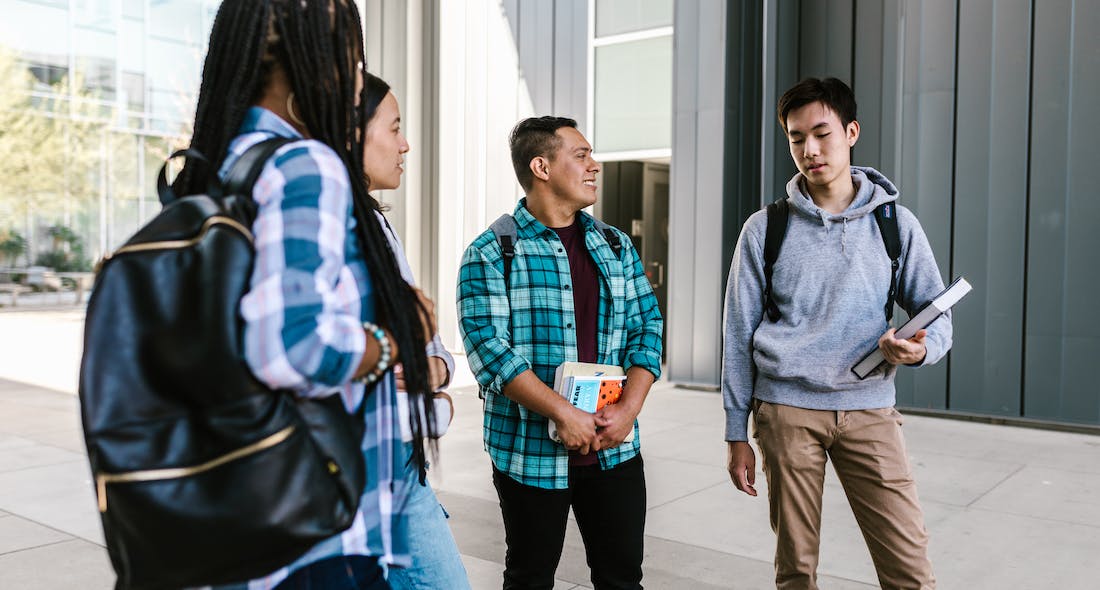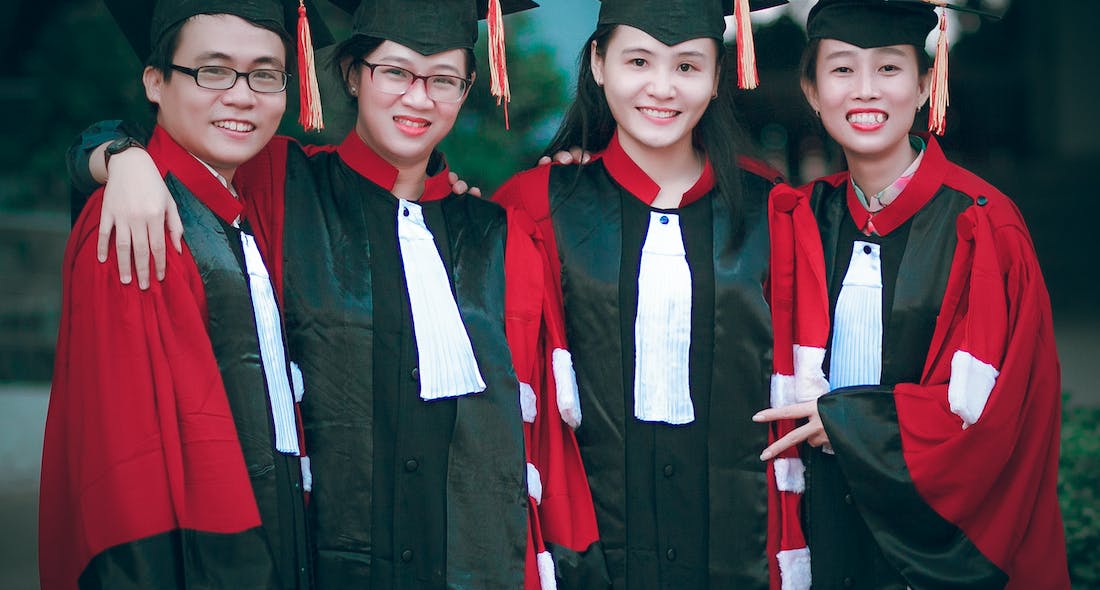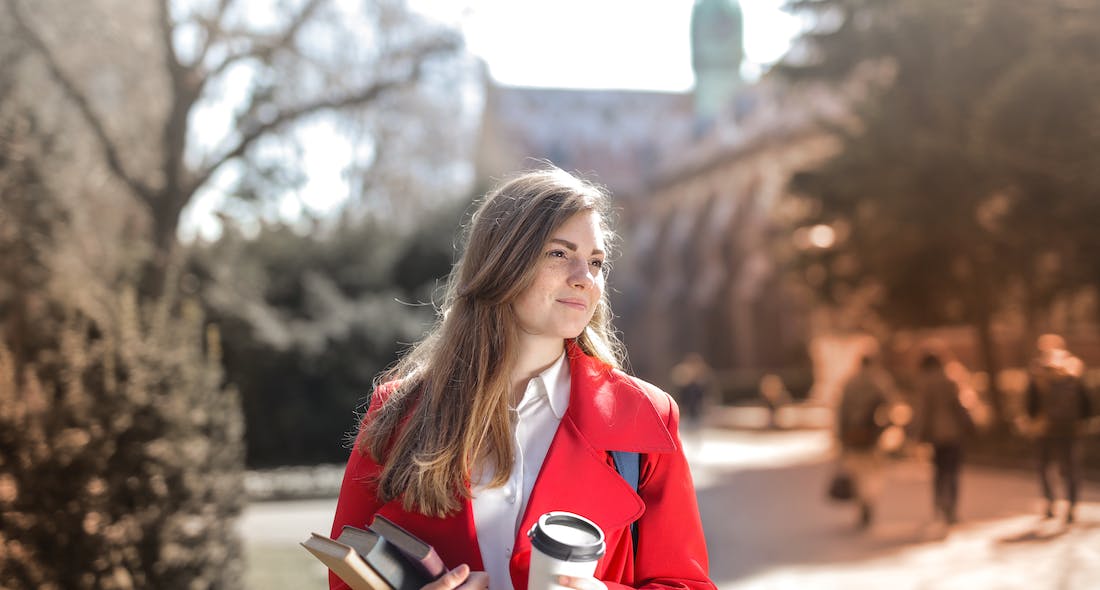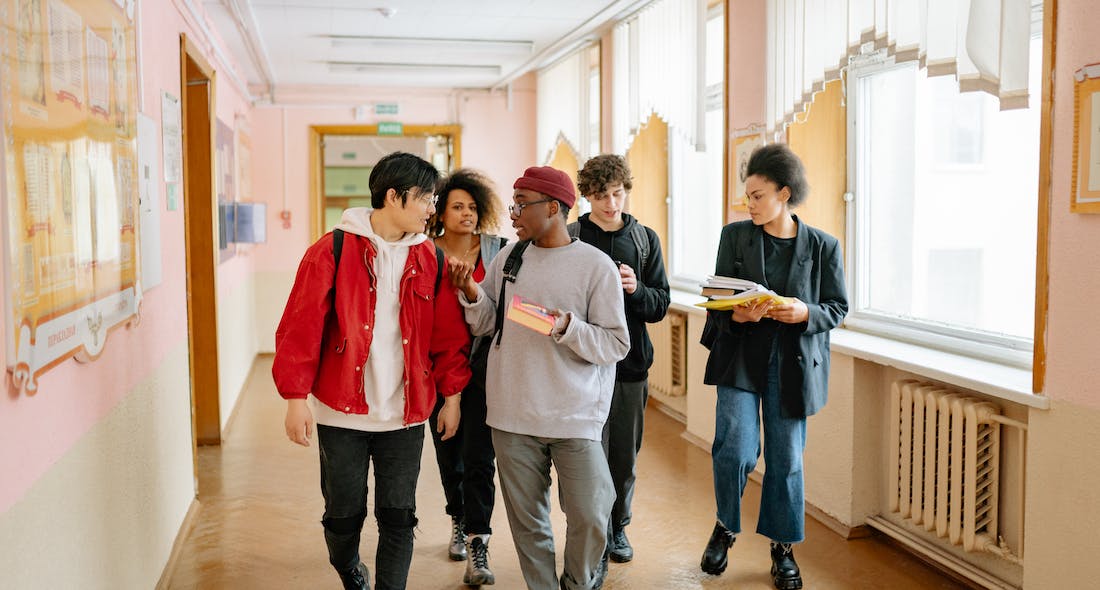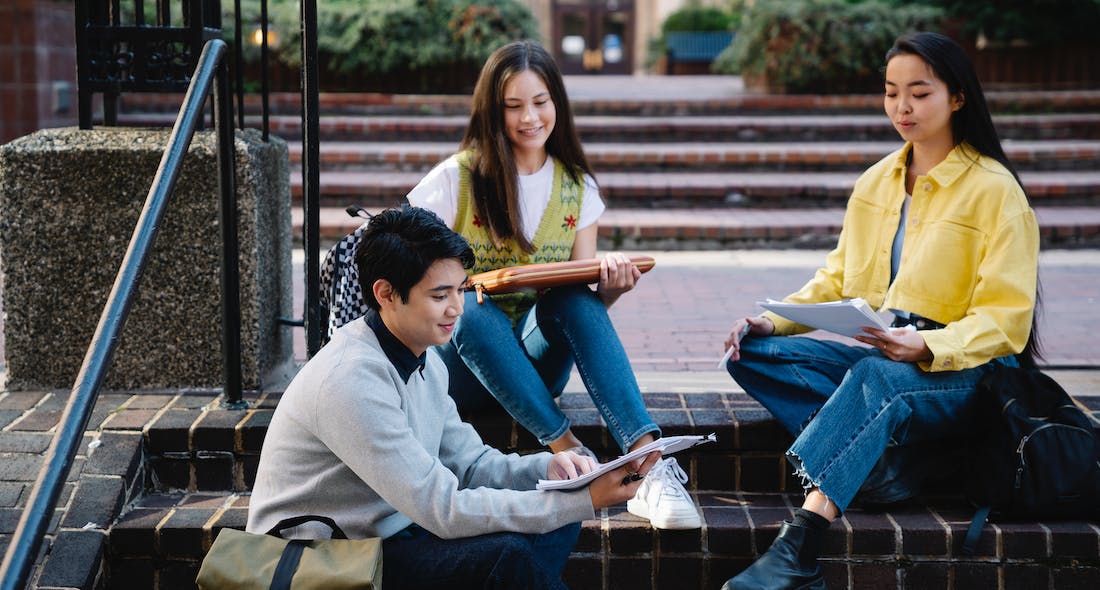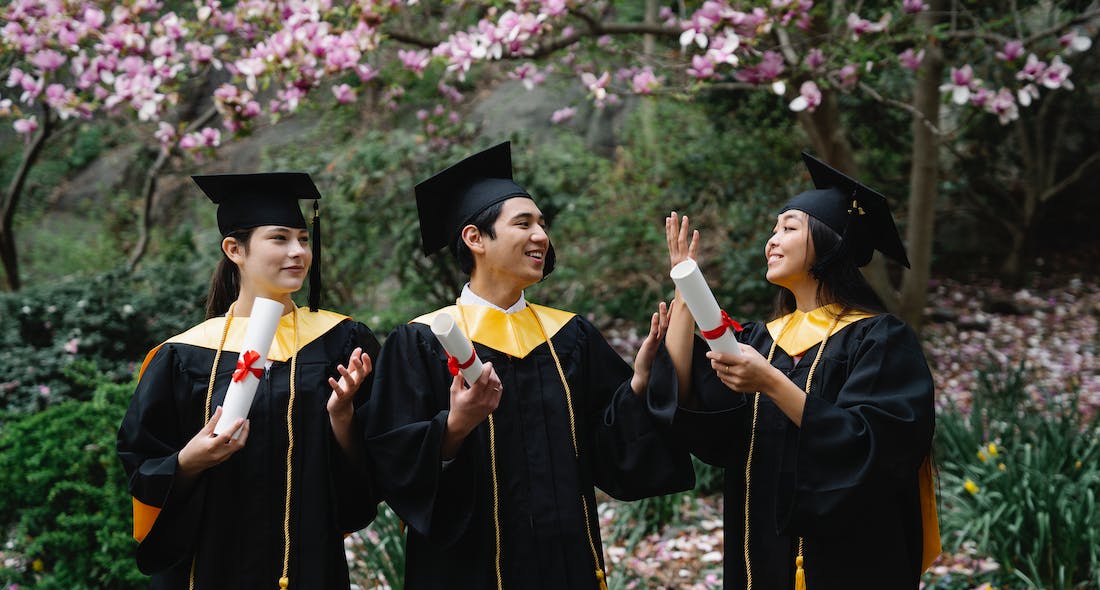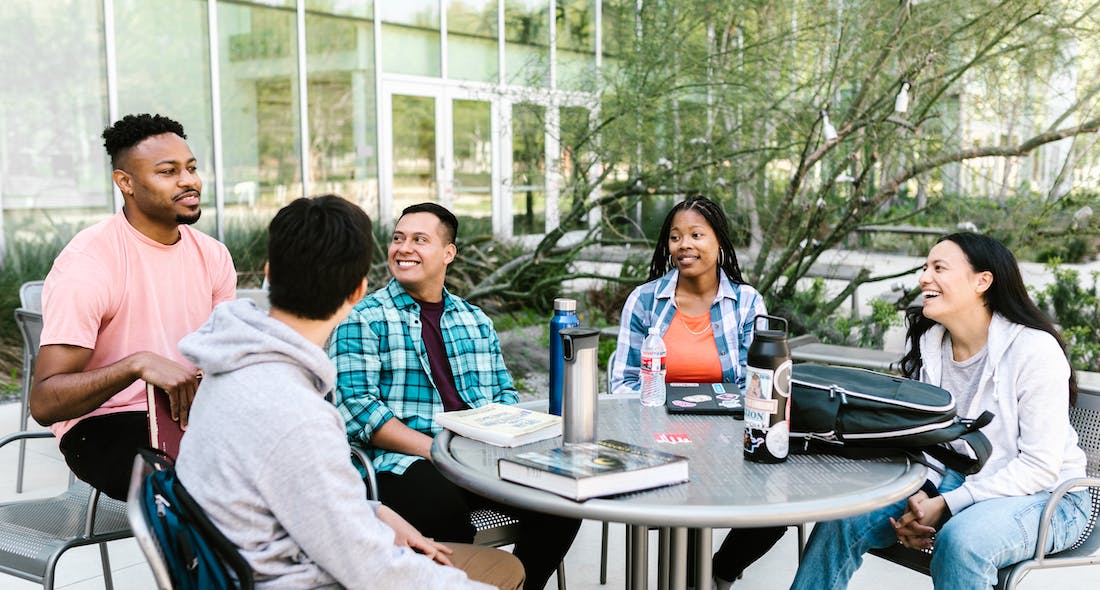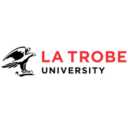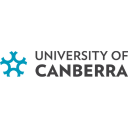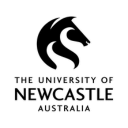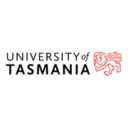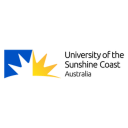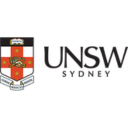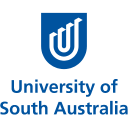Study in Australia
Ultimate Guide for International Students
Australia Overview
Rich History and Culture:
Australia’s rich history is marked by Indigenous cultures dating back over 65,000 years. The influence of Aboriginal art, Dreamtime stories, and cultural practices persists, coexisting with a vibrant multicultural society shaped by waves of migration. Exploring Australia means uncovering ancient traditions meeting modern influences, creating a unique tapestry.
Geographical Diversity:
Australia’s geographical diversity is a testament to its vastness. From the arid Outback to lush rainforests, students encounter unique ecosystems. The climate varies from tropical in the north to temperate in the south, impacting daily life. Understanding this diversity enhances the Australian experience, offering a blend of urban and natural environments.
Why Australia is a Prime Destination for Education:
Australia stands out as an educational hub due to its world-class universities, innovative research, and a commitment to academic excellence. The quality of education is internationally recognized, providing students with a solid foundation for future success.
Student Life and Living Conditions in Australia
Cultural Integration and Social Life:
Australia’s cultural nuances blend Indigenous heritage with modern influences. Engaging in popular student activities, attending festivals, and exploring local life are integral to fully immersing oneself in the Australian way of life.
Detailed Cost of Living Analysis:
- Accommodation: AUD 400 – 1,200 per month.
- Food: AUD 80 – 280 per week.
- Transportation: AUD 30 – 60 per week.
- Healthcare: Average cost covered by Overseas Student Health Cover (OSHC).
Support Services:
- Language Assistance: English language courses and language exchange programs.
- Mental Health Resources: University counseling services and community support.
- Legal Aid: Information and assistance for legal matters.
- Career Counseling: Guidance on career paths and job opportunities.
Details about Study in Australia
Academic Excellence and Innovation:
Australia’s higher education system is globally renowned for its emphasis on innovation and cutting-edge research. Universities like the Australian National University and the University of Melbourne consistently rank high, offering a diverse range of courses.
Global Student Community:
Australia welcomes a diverse international student community, creating a multicultural environment. The opportunity to collaborate with students from around the world fosters a global perspective and enriches the overall learning experience.
Scholarship and Financial Aid Options:
- Australia Awards: Government-sponsored scholarships.
- Endeavour Leadership Program: Financial support for high-achieving students.
- Research Training Program (RTP): Scholarships for postgraduate research.
Can I study free in Australia?
Australia does not generally offer tuition-free studies for international students. However, various scholarships and financial aid options are available to ease the financial burden.
Research Places in Australia
Top Research Places:
- IT Students: Data61 and the Australian Centre for Cyber Security.
- Environmental Studies: The Commonwealth Scientific and Industrial Research Organisation (CSIRO).
- Medical Research: The Garvan Institute of Medical Research and The Walter and Eliza Hall Institute of Medical Research.
Applying for a Student Visa in Australia
Step-by-Step Visa Application Guide:
- Choose a Course and Institution.
- Receive an Offer of Enrollment.
- Apply for a Student Visa (subclass 500) online.
- Provide Required Documentation (passport, health insurance, etc.).
- Attend a Health Examination, if necessary.
- Wait for Visa Decision.
Visa Policies and Regulations:
- Duration: Depends on the course duration.
- Renewal: Apply for a new visa before the current one expires.
- Embassies and Consulates: Contact the nearest Australian embassy or consulate.
Work Opportunities for Students in Australia
Working While Studying:
- Part-time work allowed during studies.
- Maximum 40 hours per fortnight during the academic year.
- Full-time work allowed during scheduled breaks.
Career Pathways Post-Graduation:
- Explore the Skilled Migration Program for permanent residency.
- Participate in internship programs for hands-on experience.
- Networking opportunities through industry events and career fairs.

